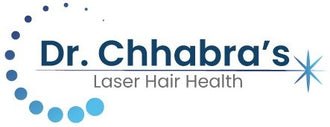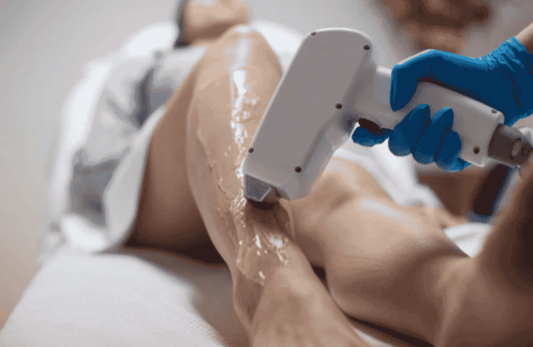Introduction
Acne is a common skin concern that affects millions of people worldwide. It can lead to blemishes, scars, and a lack of confidence. On the other hand, achieving a radiant, glowing complexion is a goal for many. Understanding the causes of acne and how to maintain skin glow can help in achieving healthy, clear skin.
Understanding Acne: Causes and Types
Acne occurs when hair follicles become clogged with oil, dead skin cells, and bacteria. It appears in various forms, including pimples, blackheads, whiteheads, and cysts.
Common Causes of Acne
-
Excess Sebum Production – Overactive sebaceous glands produce too much oil, clogging pores and leading to breakouts.
-
Hormonal Imbalance – Fluctuations in hormones, especially during puberty, menstruation, pregnancy, or stress, can trigger acne.
-
Poor Diet – Consuming high-glycemic foods, dairy, and excessive sugar can worsen acne.
-
Bacterial Infection – Propionibacterium acnes (P. acnes) bacteria contribute to inflammation and breakouts.
-
Clogged Pores – Dead skin cells and dirt buildup can block hair follicles, causing acne.
-
Stress and Lack of Sleep – Chronic stress and inadequate rest can weaken the skin’s ability to heal, leading to acne.
-
Harsh Skincare Products – Using irritating or comedogenic products can cause skin sensitivity and breakouts.
Types of Acne
-
Blackheads & Whiteheads – Non-inflammatory acne caused by clogged pores.
-
Papules & Pustules – Red, inflamed bumps with or without pus.
-
Cysts & Nodules – Severe acne that forms deep under the skin, often painful and prone to scarring.
How to Treat and Prevent Acne
1. Maintain a Proper Skincare Routine
-
Use a gentle cleanser to remove dirt and oil without stripping the skin.
-
Apply a non-comedogenic moisturizer to keep skin hydrated.
-
Use salicylic acid or benzoyl peroxide to target acne.
-
Never sleep with makeup on.
2. Eat a Healthy Diet
-
Incorporate antioxidant-rich foods like fruits, vegetables, and nuts.
-
Avoid processed foods, excessive dairy, and sugary snacks.
-
Drink plenty of water to flush out toxins.
3. Reduce Stress Levels
-
Practice yoga, meditation, or deep breathing to manage stress.
-
Get adequate sleep (7-9 hours per night) to allow skin to repair itself.
4. Avoid Touching Your Face
-
Keep your hands clean and avoid popping pimples, as this can worsen inflammation and cause scars.
5. Consider Professional Treatments
-
Chemical peels, microneedling, and laser therapy can help treat acne and scars.
-
Visit a dermatologist for prescription treatments if over-the-counter products aren’t effective.
Achieving Radiant and Glowing Skin
Healthy, glowing skin is a sign of good skincare and overall well-being. Here’s how you can enhance your skin’s natural glow:
1. Hydration is Key
-
Drink at least 8 glasses of water daily to keep skin plump and hydrated.
-
Use hyaluronic acid serums to retain moisture.
2. Follow a Skincare Routine for Glow
-
Exfoliate 2-3 times per week using a gentle exfoliator to remove dead skin cells.
-
Use Vitamin C serum for brightening and reducing dark spots.
-
Apply sunscreen (SPF 30+) daily to prevent sun damage and premature aging.
3. Eat Skin-Friendly Foods
-
Include foods rich in Omega-3 fatty acids, Vitamin E, and Zinc for better skin health.
-
Green tea and turmeric have anti-inflammatory properties that reduce redness.
4. Get Enough Sleep
-
Aim for at least 7-9 hours of sleep to allow your skin to regenerate overnight.
-
Use a silk pillowcase to prevent friction and reduce breakouts.
5. Exercise Regularly
-
Sweating helps to detoxify the skin and improve blood circulation.
-
Wash your face post-workout to prevent clogged pores.
Conclusion
Managing acne and achieving glowing skin requires a combination of good skincare, a healthy diet, and lifestyle changes. By following the right practices, you can enjoy clear, radiant skin while preventing acne breakouts.
If you experience persistent skin concerns, consulting a dermatologist can help you get personalized solutions for your skin type.



